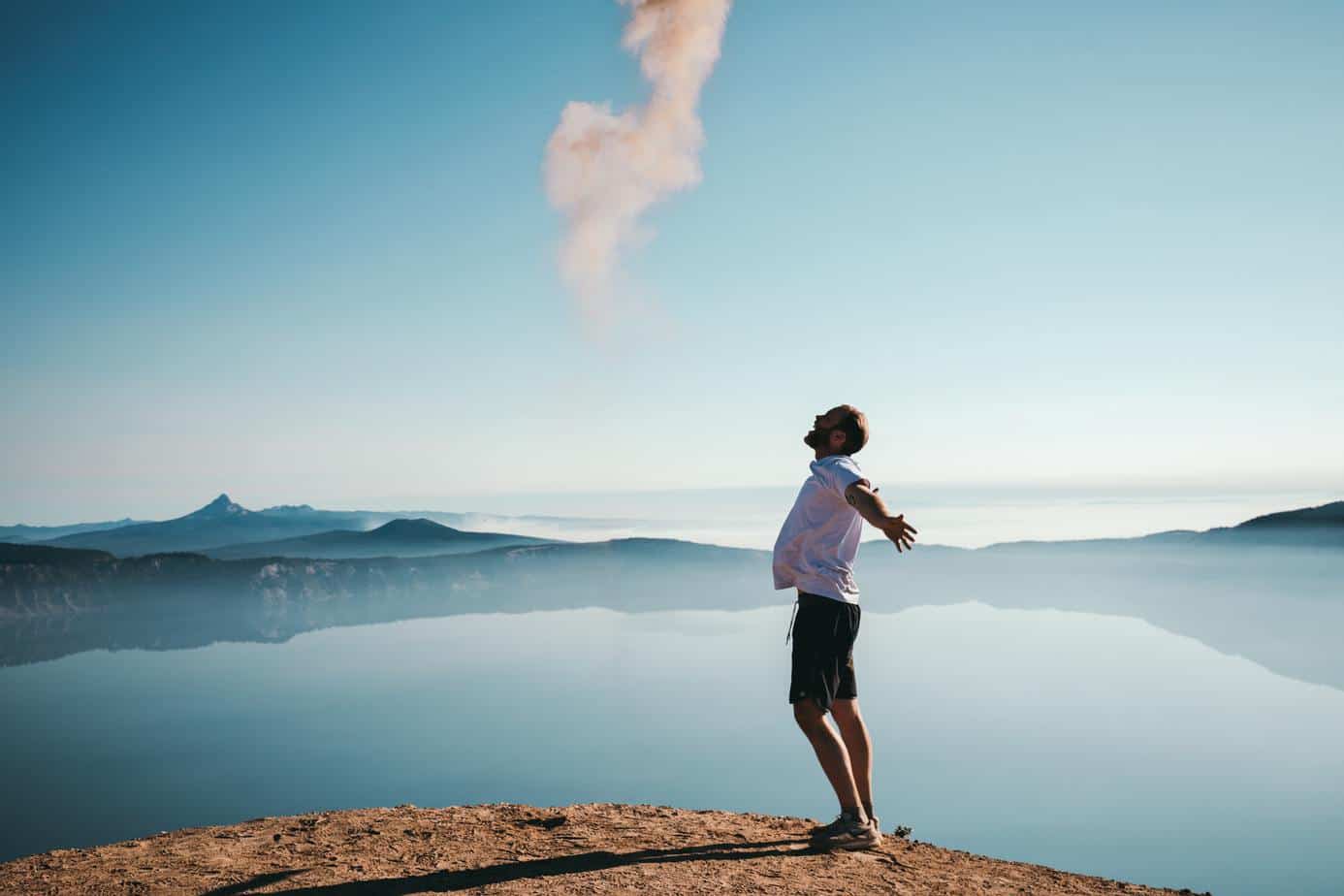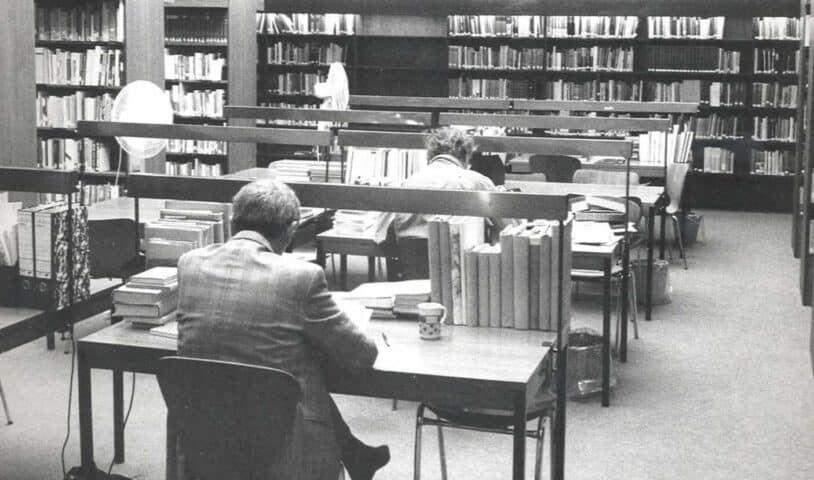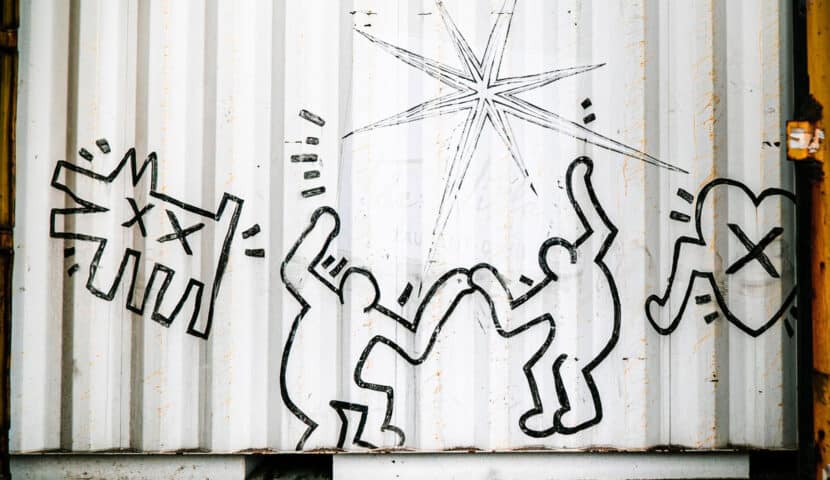A post-capitalist paradise?
Adam Klin-Oron | 02.08.2020 | Photo: Unsplash

The COVID-19 crisis exposed the cultural structures that underlie the capitalist economy, especially the idea of the free market: many countries have imposed severe restrictions on different kinds of trade, and even more importantly, funneled financial aid to businesses and individuals. A research team operating at the VLJI argues that it is time to think about a post-capitalist world, where the real resources of human life are not money but work, knowledge, time, and nature. And the purpose of life is not profit but freedom.
The research team was headed by Kfir Cohen Lustig, the academic director of the Globalization and Sovereignty Cluster at the institute, and included Hagar Tzameret, Eli Kook, Yair Kaldor, and Mickey Peled. In late June 2020 an article by the team was published in the Haaretz weekend supplement, presenting the research-based and ideological post-capitalist agenda, along with some concrete examples of post-capitalist thought.
One example is to require companies seeking state bailouts to transfer some of their stocks to a sovereign wealth fund owned and controlled by the public. Another example is a transition from bank financing to credit associations – cooperative bodies that provide their members with various financial services and do not operate for profit but for the promotion of the well-being and financial stability of all of their members. Another central idea is a universal basic income given to every citizen without time limitation or conditions. Yet another idea is to adopt cooperative economic models that involve the public itself in managing public assets and resources (such as water and land), which would also reduce environmental harm.
All of these ideas attempt to increase the democratization of the economy and especially to divert the focus from creating wealth and maximizing profit to responsible, fair, and decentralized management that maximizes happiness.




